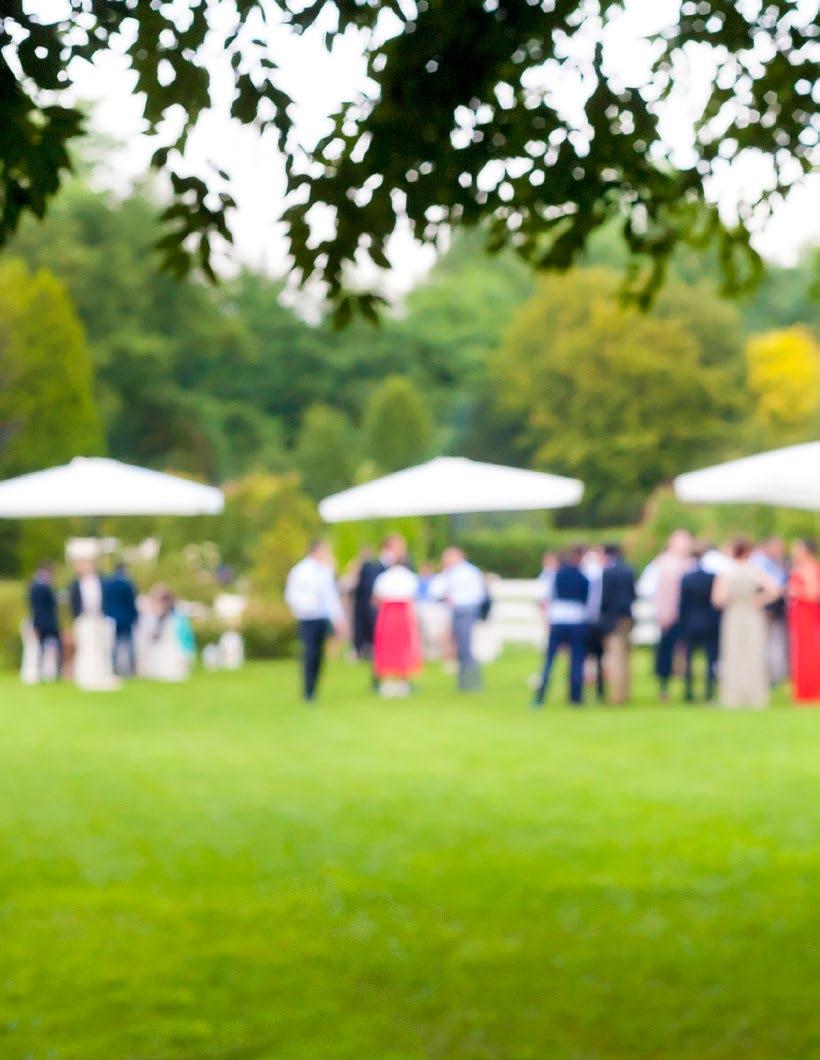
2 minute read
35 Article - Take Great Pictures of Food
Take Great Photos of your Food
WITH A SMARTPHONE
Advertisement
Today, it isn’t difficult to take quality pictures by just using your smartphone device. Quality photos online are important because they give potential customers a first impression of your restaurant. Having a solid online portfolio on social media is becoming increasingly important for restaurant owners. Be sure to take images of your best-selling foods, as well as a ‘sneak peek’ to the atmosphere inside. On the next page are some tips and tricks for getting great looking photos of your food by using your phone’s camera.
• Move towards the natural light if you can. If you aren’t shooting in good light, it’s incredibly hard to take good photos. Ideally, the light source is coming from behind you into the lens. Try to stay away from using flash. • Up close and tight pictures work the best for food. • Tap the screen to where you want to focus in on the dish you want to be the focal point of the image. Try your best to keep your hands as steady as possible as you take your shot. • Do not use the zoom feature. Whenever you use the digital zoom, you reduce the quality of the image. Instead, just move yourself closer to the food.
• If you can, work with similar or complimentary colors. Ideally, use the colors of your business’s brand or atmosphere to give your feed a cohesive look and feel. Use your restaurant’s decor to guide you. • Try to take pictures of your dishes in groups of three. Triangles naturally create dynamic photos. This creates simplicity and is easier to make sense of to the eye. • Use the grid feature. There’s a tool that allows you to overlay a grid onto every photo you’re taking. By using this, you can be sure that your lines are straight, or you can easily divide your frame into thirds. • Remove unnecessary distractions, such as extra utensils and napkins or condiments.
• Crop the photo before you upload to have higher control over the end result and to avoid unnecessary mistakes. For example, if you zoom your image in to fit the given dimensions, you are compromising the quality of the picture and it may be blurrier than you remembered when you publish it online. If your photo is too long or wide, the platform will automatically cut off part of your picture.
Here are the dimensions for each platform: Facebook: 940 x 788 pixels, or an aspect ratio between 9:16 to 16:9 Instagram: Square photos (the most used)- 1080px by 1080px, or a 1:1 ratio Vertical photos- 1080px by 1350px, or a ratio of 4:5 Twitter: 1200px by 675px or a 16:9 ratio
You can use a filter app such as Snapseed, or Afterlight to adjust settings such as brightness, saturation, contrast and highlights. Be careful in not distorting the image too much from the original, making it look fake to your viewers. If you are to use a filter, do not use 100% of that filter, 30-50% works well enough to compliment your photo.










